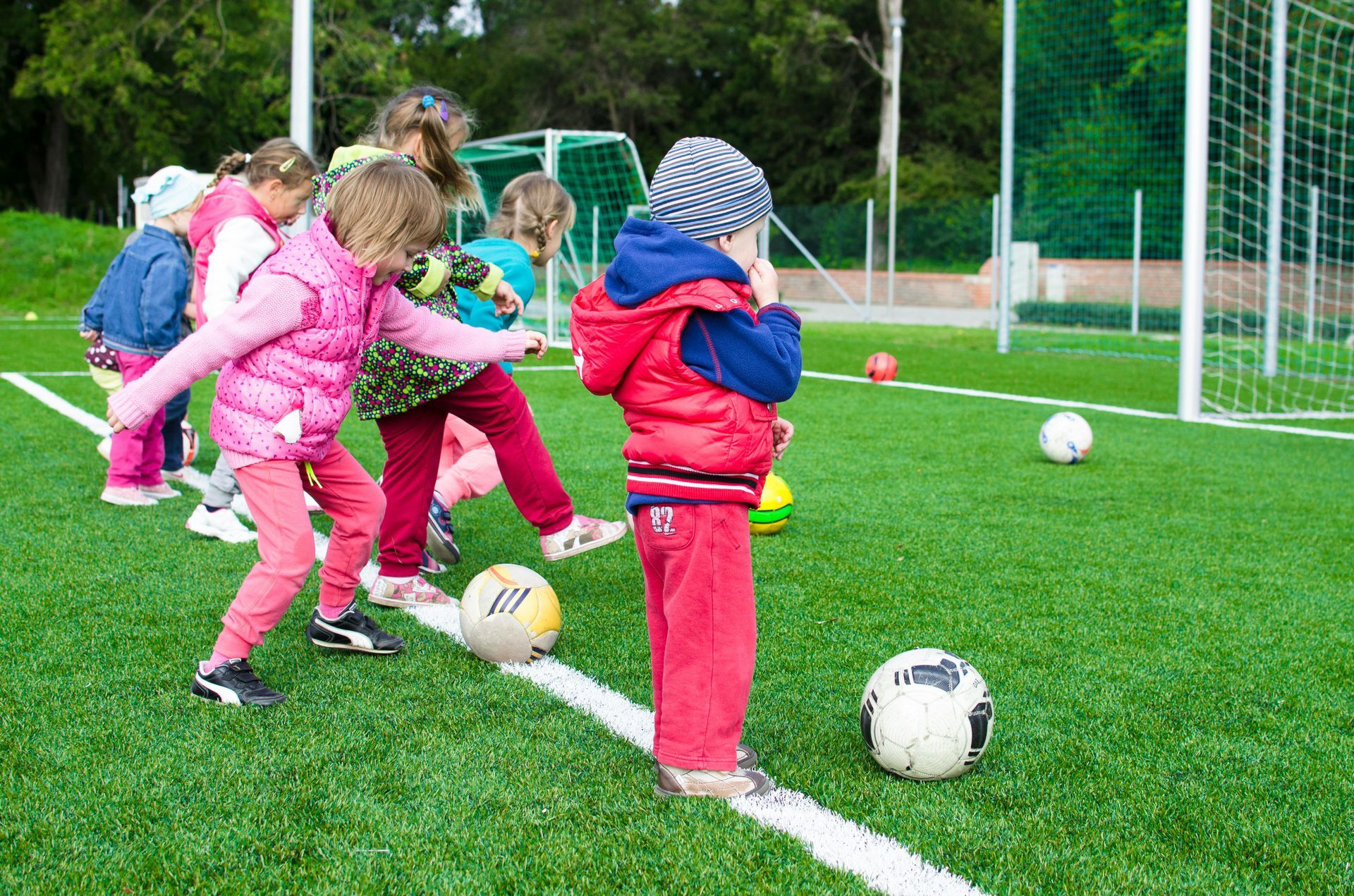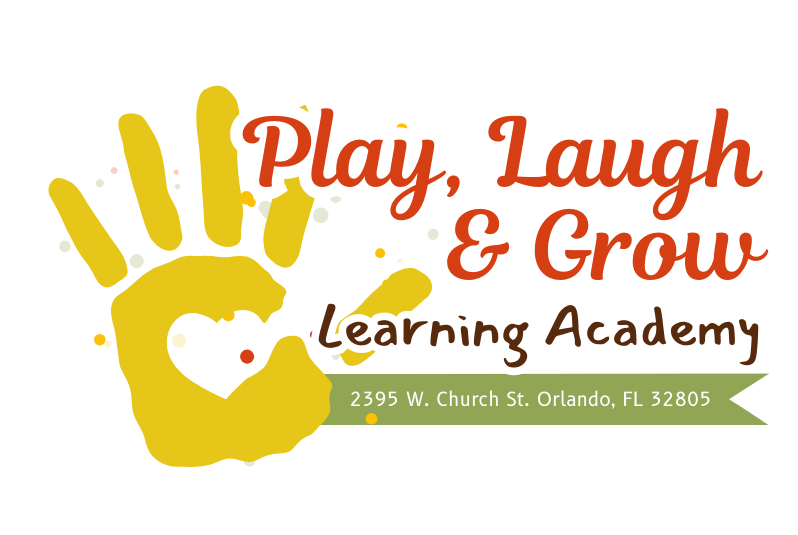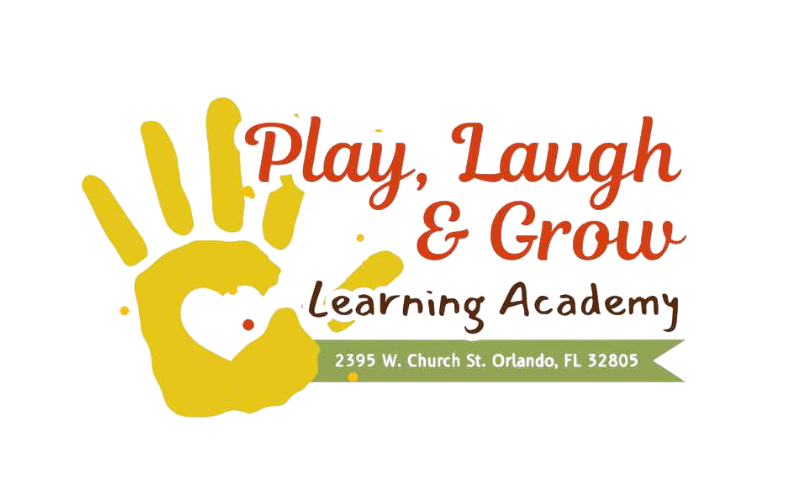The Importance of Emotional Intelligence in Early Childhood Education

When we think about early childhood education, academic skills like reading, writing, and math often come to mind. However, the development of emotional intelligence (EQ) is just as vital in ensuring a child’s success. At Play Laugh and Grow Academy, we understand that fostering emotional intelligence in the early years can have a profound impact on a child’s ability to navigate life’s challenges, build strong relationships, and achieve success in both school and later in life. In this post, we will explore why emotional intelligence is so crucial in early childhood education and how we prioritize its development in our programs.
What is Emotional Intelligence?
Emotional intelligence refers to the ability to recognize, understand, and manage one’s own emotions, as well as the ability to recognize and influence the emotions of others. It encompasses several key skills, including:
- Self-awareness: The ability to understand one’s emotions and how they affect thoughts and behavior.
- Self-regulation: The ability to control or redirect disruptive emotions and impulses.
- Motivation: The ability to set and achieve goals, stay focused, and persist in the face of challenges.
- Empathy: The ability to understand and share the feelings of others.
- Social skills: The ability to build and maintain healthy relationships, communicate effectively, and collaborate with others.
In the early years, emotional intelligence is a powerful predictor of future success. Children who are emotionally intelligent are better equipped to manage their emotions, navigate social interactions, and overcome obstacles, all of which contribute to their overall well-being and success in life.
Why Emotional Intelligence Matters in Early Childhood
The early childhood years are a critical time for emotional development. Children are learning to identify their feelings, express themselves appropriately, and understand the emotions of those around them. Without a solid foundation in emotional intelligence, children may struggle with self-regulation, social interactions, and handling stress, which can hinder their academic progress and social development.
At Play Laugh and Grow Academy, we recognize the importance of emotional intelligence in a child’s overall development. Our programs are designed to support children in developing their emotional awareness and regulation through a variety of engaging, hands-on activities. By integrating emotional intelligence into our curriculum, we help children build the skills they need to succeed in both their early education and later life.
How We Foster Emotional Intelligence at Play Laugh and Grow Academy
At Play Laugh and Grow Academy, emotional intelligence is woven into everything we do. From group activities to one-on-one interactions, we create an environment where children can develop their EQ in meaningful ways. Here are some of the strategies we use to foster emotional intelligence:
- Modeling Positive Emotions: Teachers at Play Laugh and Grow Academy model healthy emotional responses by expressing their feelings in appropriate ways. When children see adults handling emotions constructively, they learn to do the same.
- Emotion-Labeling and Discussions: Children are encouraged to identify and name their feelings. By using books, games, and role-playing activities, we help children recognize emotions like happiness, sadness, frustration, and excitement. This helps them gain a deeper understanding of their emotional experiences.
- Encouraging Empathy: We create opportunities for children to develop empathy by encouraging them to consider how others might feel in different situations. Through group activities, cooperative games, and conversations about emotions, children learn to put themselves in others’ shoes.
- Conflict Resolution: Children are taught strategies for resolving conflicts in a calm and respectful manner. Instead of resorting to anger or frustration, we guide children to use words, express their feelings, and find solutions to disagreements.
- Positive Reinforcement: We celebrate emotional achievements, such as a child calmly expressing frustration or offering comfort to a peer. Positive reinforcement helps children feel valued and encourages them to continue developing their emotional intelligence.
The Long-Term Impact of Emotional Intelligence
The benefits of emotional intelligence extend well beyond the preschool years. Children with high emotional intelligence are more likely to succeed in school, have stronger relationships, and exhibit better mental health as they grow older. Here are some of the long-term advantages of fostering emotional intelligence in early childhood:
- Better Academic Performance: Emotionally intelligent children tend to have better academic outcomes because they are better equipped to manage stress, stay focused, and engage with their learning environment.
- Stronger Social Skills: Children with emotional intelligence excel in social interactions. They can form healthy, supportive relationships with peers and adults and can effectively navigate group dynamics.
- Increased Resilience: Emotional intelligence helps children develop the resilience to bounce back from setbacks. Children who understand their emotions and know how to manage them are more likely to persevere when faced with challenges.
- Improved Mental Health: Emotional intelligence is linked to better mental health outcomes. Children with strong EQ are less likely to struggle with anxiety, depression, or behavior problems as they grow older.
- Successful Careers and Relationships: As adults, emotionally intelligent individuals are more likely to succeed in their careers and personal lives. EQ is a key factor in effective leadership, communication, and teamwork, all of which are important in the workplace and in building strong relationships.
Discover how early education shapes lifelong success and the science behind play-based learning in the blog posts
Building Strong Foundations: How Early Education Shapes Lifelong Success and
The Science of Play: How Play-Based Learning Fuels Early Development.
Conclusion
Emotional intelligence is a critical component of early childhood education that cannot be overlooked. At Play Laugh and Grow Academy, we are dedicated to helping children develop the emotional skills they need to succeed in life. By fostering self-awareness, empathy, social skills, and self-regulation, we are preparing children for a lifetime of personal and professional success.
As parents and educators, it’s important to recognize the impact of emotional intelligence on a child’s development and ensure that it is nurtured from a young age. By providing children with the tools to understand and manage their emotions, we are setting them up for a future filled with emotional well-being, strong relationships, and lifelong achievement.
















